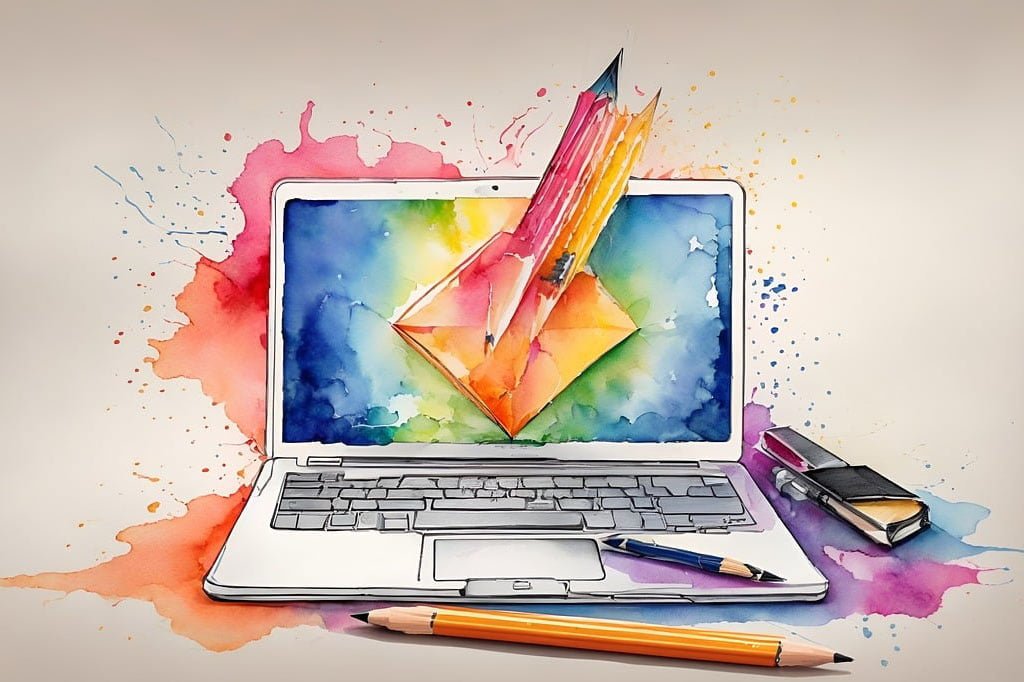
Copyright on AI creations. ChatGPT, DALL-E, Midjourney, Bing Create – these are the most popular artificial intelligence content creation tools today.
Many times we use AI-generated content in our work or entertainment. It is a unique tool, the use of which can be very tempting. After typing a few sentences into the content generator, we can get a template for a business email or birthday wishes. Recently, generated movie posters in the style of an animated cartoon have gained great popularity. However, has a thought occurred to you while using these tools regarding the copyright of such a ‘work’? Who owns the copyright to AI creations? Are we the author of this work since we participated in generating the content? Or is it the artificial intelligence itself that owns the rights to such a work? The answer to these questions is not always clear.
Legal concepts for AI-derived content
Three basic concepts have emerged in global legal science regarding the copyright of a work created by AI:
- Works created using artificial intelligence are not covered by copyright protection and are in the public domain.
- A human being owns the copyright to a work, because artificial intelligence algorithms are treated as a tool for producing a work, which is created at the express command of a human being and in the direction indicated by him.
- The copyright for such work belongs to the artificial intelligence itself.
Polish law and the work of AI
Under Polish law, it is impossible to speak of an artificial intelligence creation as a work within the meaning of the Act. The subject of copyright, understood as a work, can only be the result of human labor. AI-generated content is in the public domain and may also be applicable for commercial use. You can use such a creation, however, just as its ‘author’ – the person on whose order such a creation was created, any other person may use such a creation.
It is also important to keep in mind the possibility of AI committing plagiarism, which has been signaled by some. Artificial Intelligence does not generate its results based on its creativity. It creates them based on the content it knows and the databases the algorithm has. The generated content can be twinned with existing man-made creations. However, it is downright impossible for such an author to assert copyright claims. Since AI’s creation is not a work within the meaning of the law, it is impossible to speak of plagiarism in the legal sense.
Although the creations of artificial intelligence are in the public domain, it is worth reading the terms and conditions of the various content generators. For example, the Terms of Service of Bing Create allows the use of content for non-commercial purposes only. Even if such a provision would be against the law, there is still a risk that a violation of the Terms of Service made could lead to the blocking of access to the service. For greater certainty, it is advisable to choose tools whose regulations allow commercial use of the creation.
Legal status current as of: October 30, 2023.



